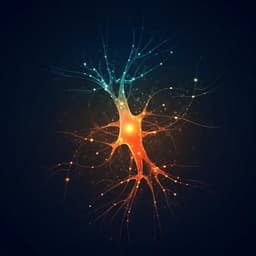
Medicine and Health
Epilepsy: A Multifaced Spectrum Disorder
L. Vetri, M. Roccella, et al.
Discover the intricate relationship between epilepsy and its wide range of comorbidities in this insightful review by L. Vetri, M. Roccella, L. Parisi, D. Smirni, C. Costanza, M. Carotenuto, and M. Elia. The research highlights the importance of a holistic approach to patient care that goes beyond seizures alone.
Related Publications
Explore these studies to deepen your understanding of the subject.







